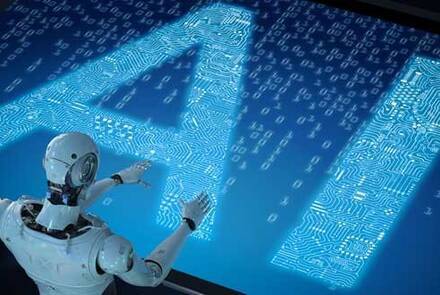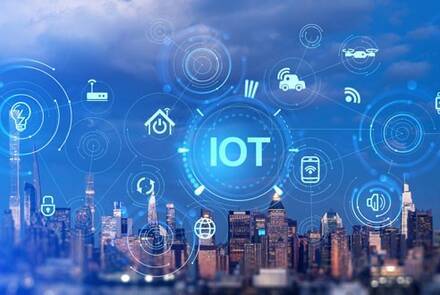IoT's Impact on Healthcare Access in Urban Centers
In the dynamic landscape of urban living, the integration of Internet of Things (IoT) technologies is revolutionizing the healthcare sector, offering unprecedented improvements in services and accessibility. From the convenience of telemedicine to the precision of patient monitoring, IoT is playing a transformative role in reshaping the delivery of healthcare services in urban populations. In this blog post, we explore the profound ways in which IoT is enhancing healthcare access and services, ultimately contributing to healthier and more connected urban communities.
- Telemedicine: Bridging Gaps in Healthcare Access
Telemedicine, powered by IoT, is emerging as a key player in ensuring equitable access to healthcare services in urban areas. IoT devices, such as wearables and home monitoring equipment, enable patients to connect with healthcare professionals remotely. This not only reduces the burden on physical healthcare facilities but also addresses issues of transportation, long wait times, and geographical barriers. Patients can now consult with physicians, receive prescriptions, and access medical advice from the comfort of their homes, fostering a more inclusive and accessible healthcare system. - Remote Patient Monitoring for Chronic Conditions
IoT-enabled devices are revolutionizing the management of chronic conditions through remote patient monitoring. Patients with conditions like diabetes, hypertension, or heart disease can use connected devices to track their vital signs and health metrics at home. This real-time data is transmitted to healthcare providers, allowing for continuous monitoring and early intervention (See also: How AI is Changing Healthcare Today). The result is a more proactive approach to healthcare, where potential issues can be identified and addressed before they escalate, ultimately improving patient outcomes and reducing the burden on emergency services. - Smart Hospitals: Enhancing Efficiency and Patient Experience
IoT is transforming traditional healthcare facilities into smart hospitals, where connected devices and systems optimize operational efficiency and improve patient experiences. Smart hospital beds equipped with sensors can monitor patients' vital signs and automatically alert healthcare staff to any anomalies. RFID-enabled tracking systems enhance the management of medical equipment, reducing the likelihood of errors and improving resource allocation. The seamless integration of IoT technologies creates an environment where healthcare professionals can focus more on patient care and less on administrative tasks. - Data-Driven Decision-Making in Healthcare
The wealth of data generated by IoT devices is a valuable resource for healthcare providers. Through analytics and machine learning, healthcare professionals can gain insights into population health trends, identify high-risk patients, and tailor interventions based on individual health profiles. This data-driven approach not only improves the quality of care but also supports preventive measures, reducing the overall healthcare burden in urban areas. - Wearable Health Tech: Empowering Individuals
Wearable IoT devices, such as fitness trackers and smartwatches, have become ubiquitous in urban populations. These devices not only encourage a proactive approach to personal health but also contribute valuable data to the larger healthcare ecosystem. Individuals can monitor their activity levels, heart rate, and sleep patterns, providing healthcare professionals with a more comprehensive understanding of their overall health. This empowerment of individuals in managing their health contributes to a more engaged and informed urban population.
Challenges and Future Prospects
While the benefits of IoT in healthcare are immense, challenges such as data security, interoperability, and the need for standardized protocols must be addressed. As the healthcare IoT landscape continues to evolve, opportunities for innovation in personalized medicine, preventive care, and population health management are on the horizon. Collaborations between healthcare providers, technology developers, and policymakers will be crucial in navigating the challenges and realizing the full potential of IoT in urban healthcare.
As cities continue to grow and evolve, the demand for accessible and efficient healthcare services becomes increasingly critical. The integration of IoT technologies is not just a technological upgrade; it's a paradigm shift in the way healthcare is delivered and experienced in urban settings. In this era of connected care, IoT is breaking down barriers, fostering inclusivity, and paving the way for a healthier and more resilient urban future. The path ahead is illuminated by the promise of a connected healthcare ecosystem where individuals are empowered, healthcare is personalized, and access knows no boundaries.
For more information about Trigyn’s Smart City & IoT Solutions, Contact Us.






